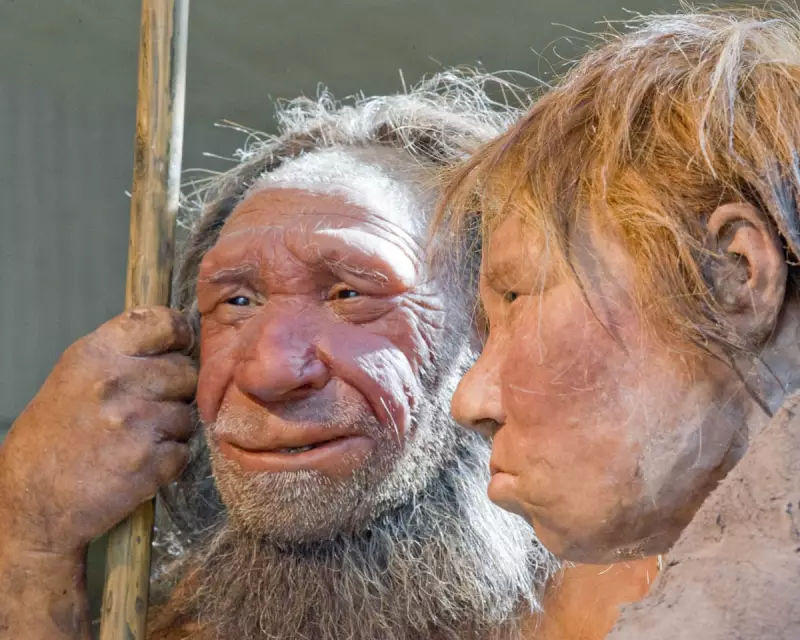
New research from the University of Oxford presents a compelling case that Neanderthals engaged in intimate kissing, a behaviour they may have shared with early modern humans. This revelation offers a fresh perspective on the complex relationships between our ancient cousins.
The Science Behind Ancient Intimacy
Dr Matilda Brindle, an evolutionary biologist and lead author of the study published in Evolution and Human Behavior, explained that previous theories about shared mouth microbes between species now have a simpler explanation. "Probably they were kissing," she stated, noting this aligns with genetic evidence showing non-African humans carry Neanderthal DNA.
The research team developed a specific definition of kissing that wasn't limited to human behaviour, focusing on friendly mouth-to-mouth contact between same-species individuals without food transfer. After analysing primate behaviour from bonobos to orangutans and reviewing video evidence, researchers constructed an evolutionary timeline.
Deeper Evolutionary Roots
The study suggests kissing evolved much earlier than previously thought, emerging between 21.5 million and 16.9 million years ago among the ancestors of large apes. Given Neanderthals' position on this family tree, researchers conclude they almost certainly practised kissing, potentially with early humans.
Dr Jake Brooker, a great ape behaviour expert at Durham University not involved in the study, commented that kissing's appearance across multiple ape species indicates deep evolutionary origins. He suggested broader analysis might push these origins back even further.
Cultural and Emotional Significance
Professor Penny Spikins from the University of York noted that while kissing has cultural elements and isn't universal across human societies, emotional bonding has been crucial for millions of years. "It should be no surprise that Neanderthals – and even Neanderthals and our own species together – kissed," she remarked, challenging perceptions of a purely aggressive ancient past.
The research transforms our understanding of Neanderthal behaviour, suggesting intimacy and emotional connection played significant roles in ancient human relations across species boundaries.






